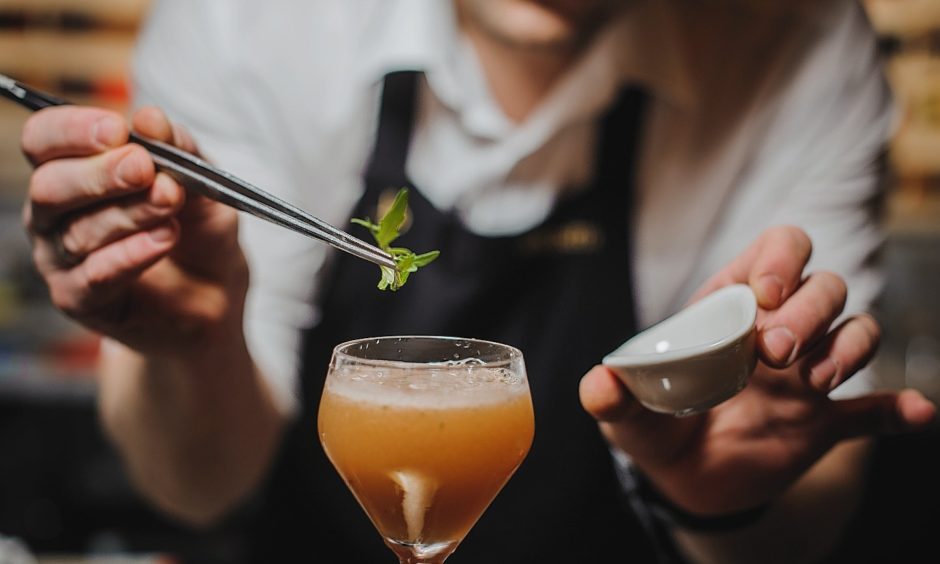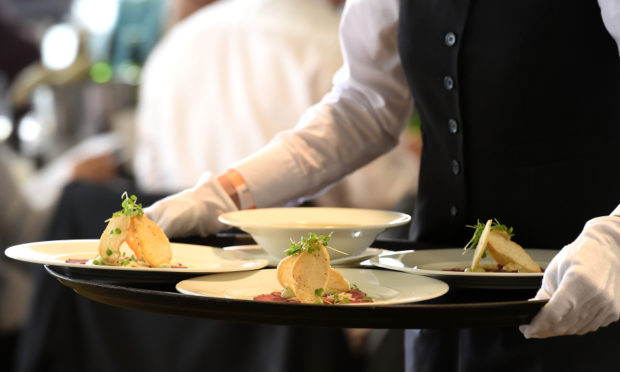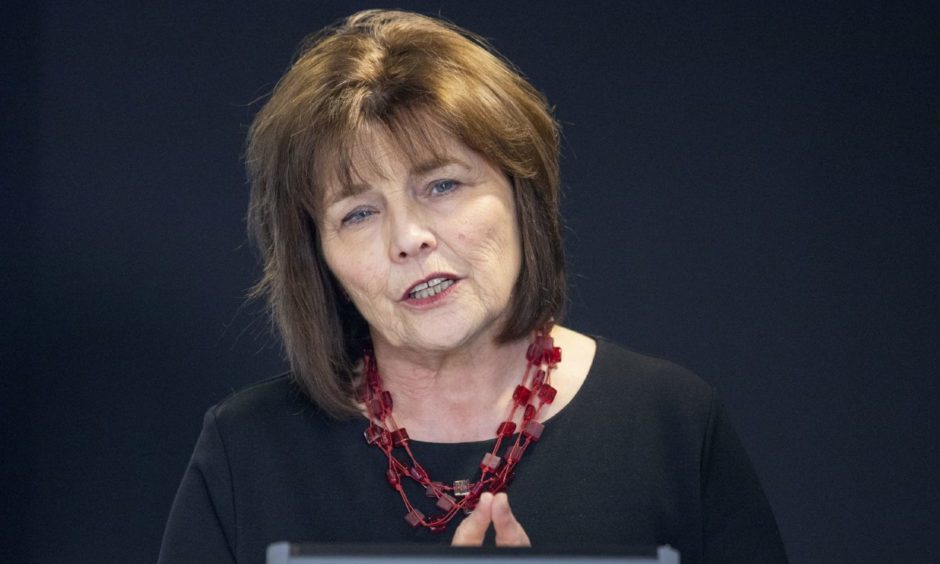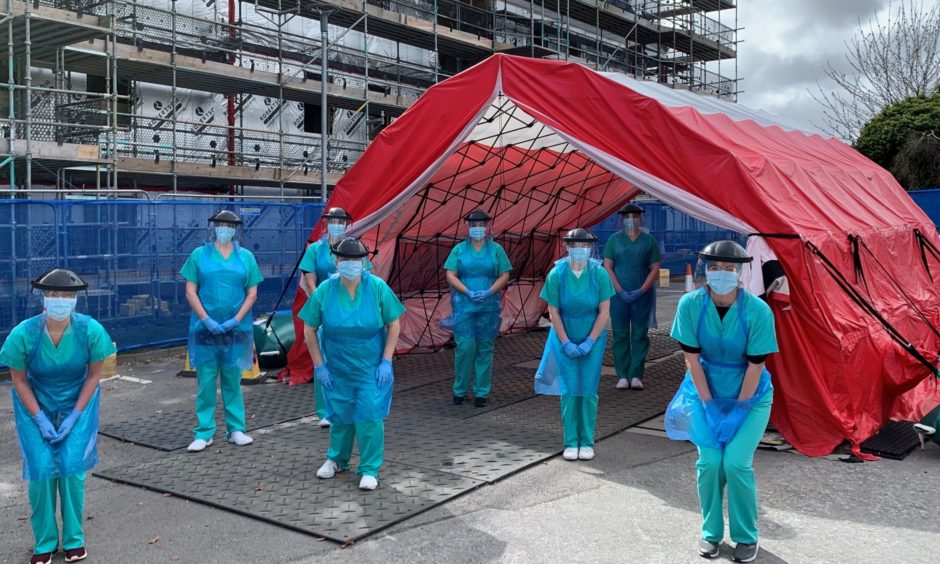A Highland hotelier has urged Jeane Freeman to provide more Covid-19 testing for hospitality staff working in rural and remote areas.
Tanja Lister of the Kylescue Hotel, Sutherland, is calling on the health secretary to give more support to workers, arguing more testing is required to protect them and their guests.
Ms Freeman was contacted by representatives of Highland hospitality industries back in July, just as moves were being made to reopen the tourism sector.
David Whiteford, chairman of the North Highland Initiative, said Austria was testing 65,000 hospitality staff a week and argued something similar should be done in Scotland.
It is true that many hospitality workers could be seen as being at a higher risk of coming into contact with the virus and inadvertently passing this on.”
Tanja Lister of the Kylescue Hotel
Ms Freeman replied by underlining the government’s commitment to the Test and Protect system and arguing that current tests could not “reliably tell us” if an asymptomatic person has the disease or had it in the past.
Despite Ms Freeman’s reply, Ms Lister believes the need for hospitality testing is greater than ever, particularly in rural areas where many staff are based in “live-in” accommodation on hotel sites.
The hotelier said: “The World Health Organisation have been unequivocal about the importance of testing to help control the virus – notably in detecting it early and quickly. Whilst there is provision for the routine testing of NHS workers etc, it is also true that many hospitality workers could be seen as being at a higher risk of coming into contact with the virus and inadvertently passing this on.
“This is all the more true when considering that many hospitality jobs in the Highlands are live-in positions and so would further increase risk of transmission.

“We made the decision to pay for private tests for all staff returning to the hotel from outwith the Highlands. This was not so that we could ‘relax’ other measures. Basically, businesses want to do anything they can to mitigate the risk.
“Doing these tests privately is costly and time-consuming. If there is spare capacity, it would make sense to use it. I feel we should be testing more – in addition to other forms of mitigation – not excluding segments of the population that are at higher risk of exposure.”
A Scottish Government spokeswoman said: “Scotland’s hospitality industry is vital to our economy and we understand the devastating impact this pandemic has had on the sector. That is why we took immediate steps to address the financial impact of Covid-19 with more than £2.3 billion for businesses, including 100% rates relief for pubs and restaurants for the year and a £30 million Creative, Tourism and Hospitality Enterprises Hardship Fund.
“We recently published our updated Testing Strategy, which sets out the role testing continues to play in tackling the pandemic.
“It makes clear our focus will be on whole population testing of anyone with symptoms. Whereas we do not have plans to introduce asymptomatic testing for people working in the hospitality industry at the current time, we will continue to review where testing can be most effective as a part of measures to prevent or interrupt the transmission of the virus.
“We are, in common with countries across the world, having to take unprecedented steps to deal with the challenges this pandemic brings. As we suppress the virus further, we will continue to consider any measures that might be necessary to protect against the risk of imported cases of the virus – this reflects the WHO’s criteria for managing Covid-19.
“At all times the Scottish Government’s actions have been, and will continue to be, guided by the best and most up to date expert scientific advice.”


